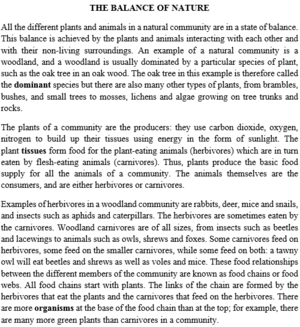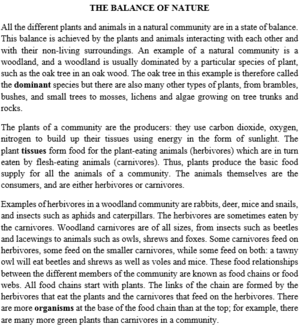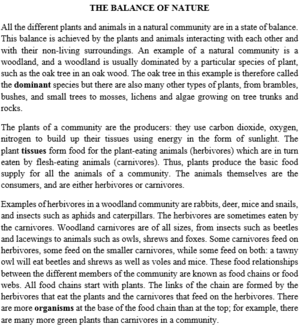Read the following passage and mark the letter A, B, C, or D to indicate the correct answer to each of the question.
Certain birds are, more often than not, considered bad luck, or even a sign of impending death. For example, all over the world, both crows and ravens have some connection to war and death. In early times, crows and ravens were thought to accompany the gods of war, or be signs of the gods’ approaching arrival. This idea later changed. Crows in particular were thought to be harbingers of ill fortune or, in some cases, guides to the afterlife. Woe be it to the person who saw a single crow or raven flying overhead, for this was most certainly a portent of death in the near future.
Interestingly, though potentially bad luck for people individually, the raven is considered to be good luck for the crown of England. So much so, in fact, that a “raven master” is, even today, an actual government position in London. He takes care of the ravens there and also clips their wings, ensuring that these birds can never fly far from the seat of the British government. This way, the kingdom will never fall to ill fortune.
Another bird that is thought to play a part in forecasting the fortunes of people is the swallow. Depending on how and when it is seen, the swallow can be a harbinger of either good or ill fortune. Perhaps inspired by the swallow's red-brown breast, Christian people initially related the swallow to the death of Jesus Christ. Thus, people who saw a swallow fly through their house considered it a portent of death. Later, however, farmers began to consider swallows signs of good fortune. Any barn that has swallows living in it is sure to be blessed in the following year. Farmers also have to beware of killing a swallow; that would be certain to end any good luck they might have had.
Though many people think these superstitions are old wives’ tales, there is actually some evidence to support them. For example, crows and ravens, being scavengers, appear at the aftermath of battles. Thus, large numbers of crows and ravens could be good indications of war in an area. As well, swallows feed on insects that can cause infections in cattle. Thus, a farmer who has many swallows in his barn may actually have healthier animals on his farm. Therefore, the next time you feel inclined to laugh at an old wives’ tale, maybe you had better find out if there is any truth to it first!
(Adapted from Reading Challenge 3 by Casey Malarcher and Andrea janzen)
According to the passage, which of the following is TRUE about the ravens?
A. They are driven away by people all over the world.
B. The ravens are taken care of and videoed in England.
C. The ravens are captured near the seats of the British government.
D. The British realm will be fallen to bad chance if there are no ravens nearby.







Đáp án D
Theo đoạn văn, câu nào là đúng về loài quạ?
A. Chúng bị xua đuổi bởi tất cả mọi người trên thế giới.
B. Loài quạ được chăm sóc và ghi hình ở nước Anh.
C. Loài quạ bị bắt gần trụ sở chính phủ nước Anh.
D. Vương quốc Anh sẽ gặp vận xấu nếu không còn con quạ nào gần đó.
Từ khóa: TRUE/ the ravens
Căn cứ thông tin đoạn 2:
“Interestingly, though potentially bad luck for people individually, the raven is considered to be good luck for the crown of England. So much so, in fact, that a "raven master" is, even today, an actual government position in London. He takes care of the ravens there and also clips their wings, ensuring that these birds can never fly far from the seat of the British government. This way, the kingdom will never fall to ill fortune.”
(Thú vị là, mặc dù có khả năng mang lại xui xẻo cho từng cá nhân, loài quạ lại được coi là may mắn cho Vương quốc Anh. Trên thực tế có 1 “bậc thầy về quạ”, thậm chí ngày nay đó còn là 1 chức vụ chính thức ở Luân Đôn. Ông ta chăm sóc các con quạ ở đó và còn cắt cả cánh của chúng để đảm bảo là chúng không bay quá xa khỏi trụ sở của Chính phủ Anh. Bằng cách này, Vương quốc sẽ không bao giờ bị rơi vào vận rủi).